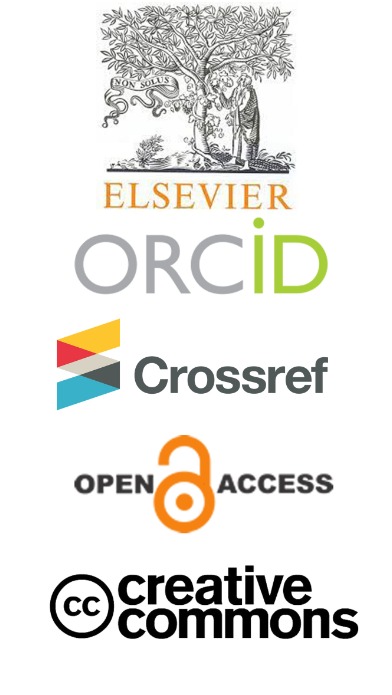The Investment Budget in Iraq After 2003: Balancing Between the Need for Economic Development and The Lack of Investment Allocations
DOI:
https://doi.org/10.48047/resmil.v10i1.23Keywords:
Investment Budget, Economic development, investment allocation, Iraqi EconomyAbstract
The investment budget is fundamental and efficient for managing a country's economic resources. It serves as a reflection of the country's intentions and priorities in directing investments toward the sectors that are most in need and of the most importance. Given globalization and the growing economic difficulties, there is a pressing need for efficient solutions to attain economic growth. This study emphasizes the significance of the investment budget as a fundamental tool in fostering economic growth. The investment budget in Iraq has become a crucial matter, particularly since 2003. It involves intricate dynamics between the pressing need for economic growth and the challenges the Iraqi economy faces because of the previous regime's legacy. These challenges have hindered the country's progress, leading to a decline and collapse, including infrastructure underdevelopment and widespread destruction. The Iraqi economy has been plagued by structural imbalances in its non-oil sectors and challenges stemming from a lack of investment allocations. Successive governments have failed to prioritize investment, crucial for expanding the production base and maintaining a balanced economy. Consequently, investment expenditures have not constituted a significant proportion of the overall economy. The allocation of funds in the Iraqi budget heavily favors operational expenses, accounting for three-quarters of the budget, while investment expenses only make up a quarter. This low percentage allocated to investments is insufficient to meet the significant challenges of developing a complex country like Iraq. This elucidates the lack of a comprehensive plan to attain economic diversification across all sectors of the domestic economy. Financing the general budget relies solely on oil revenues, making economic development closely tied to the fluctuations in oil prices. To diversify the government's income sources, it is crucial to implement targeted economic policies that encourage alternative financing methods and increase investment allocations.
Downloads
Published
How to Cite
Issue
Section
License
Copyright (c) 2024 RES MILITARIS

This work is licensed under a Creative Commons Attribution-ShareAlike 4.0 International License.



